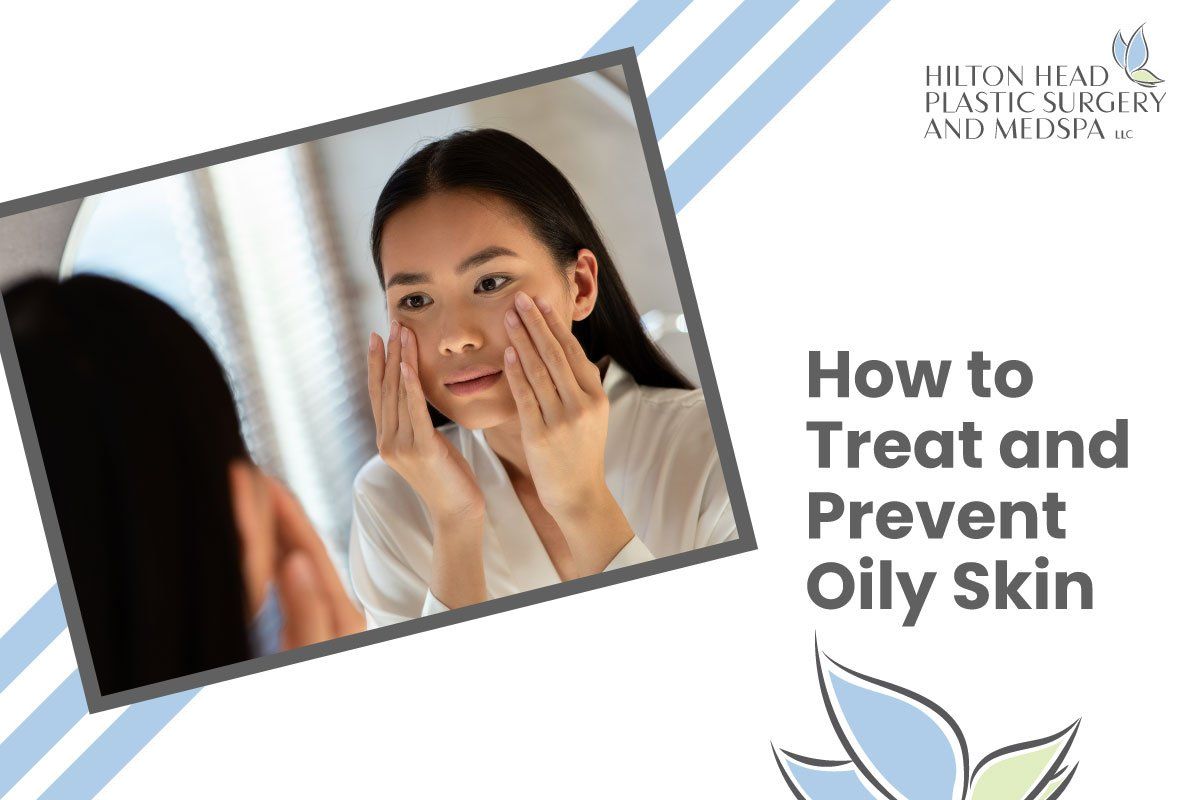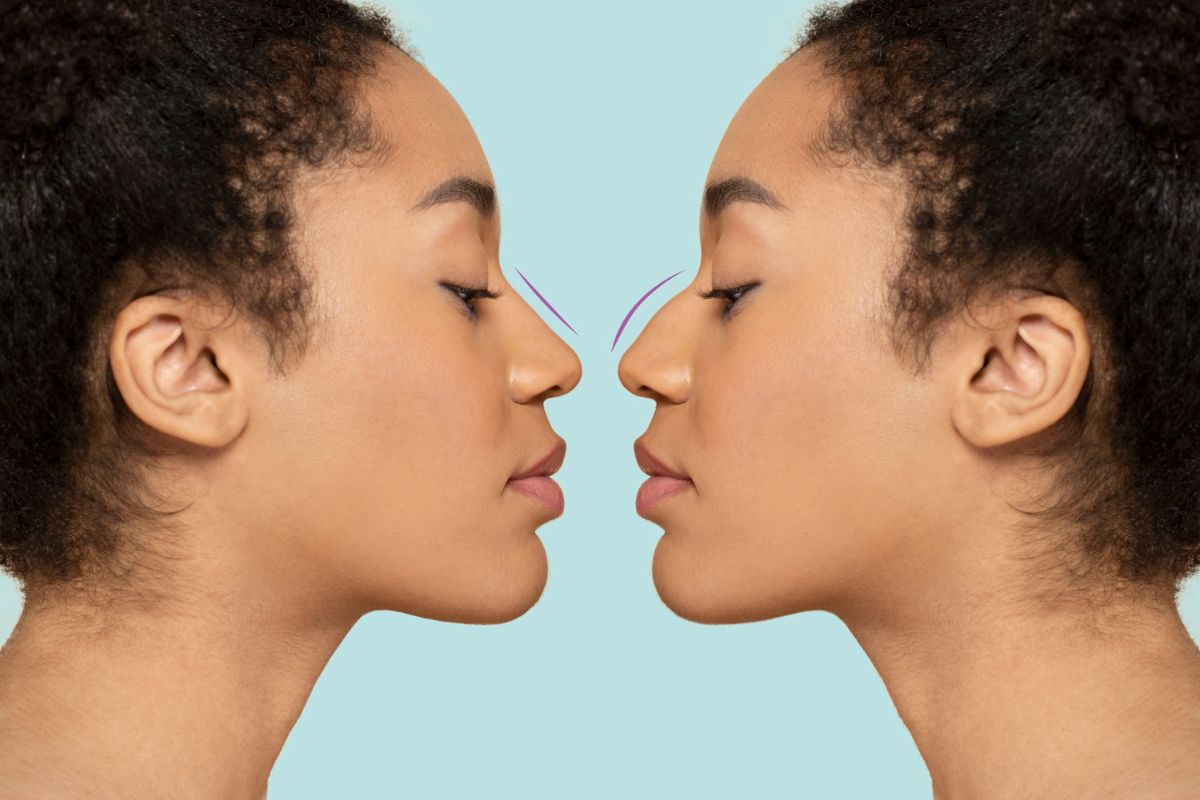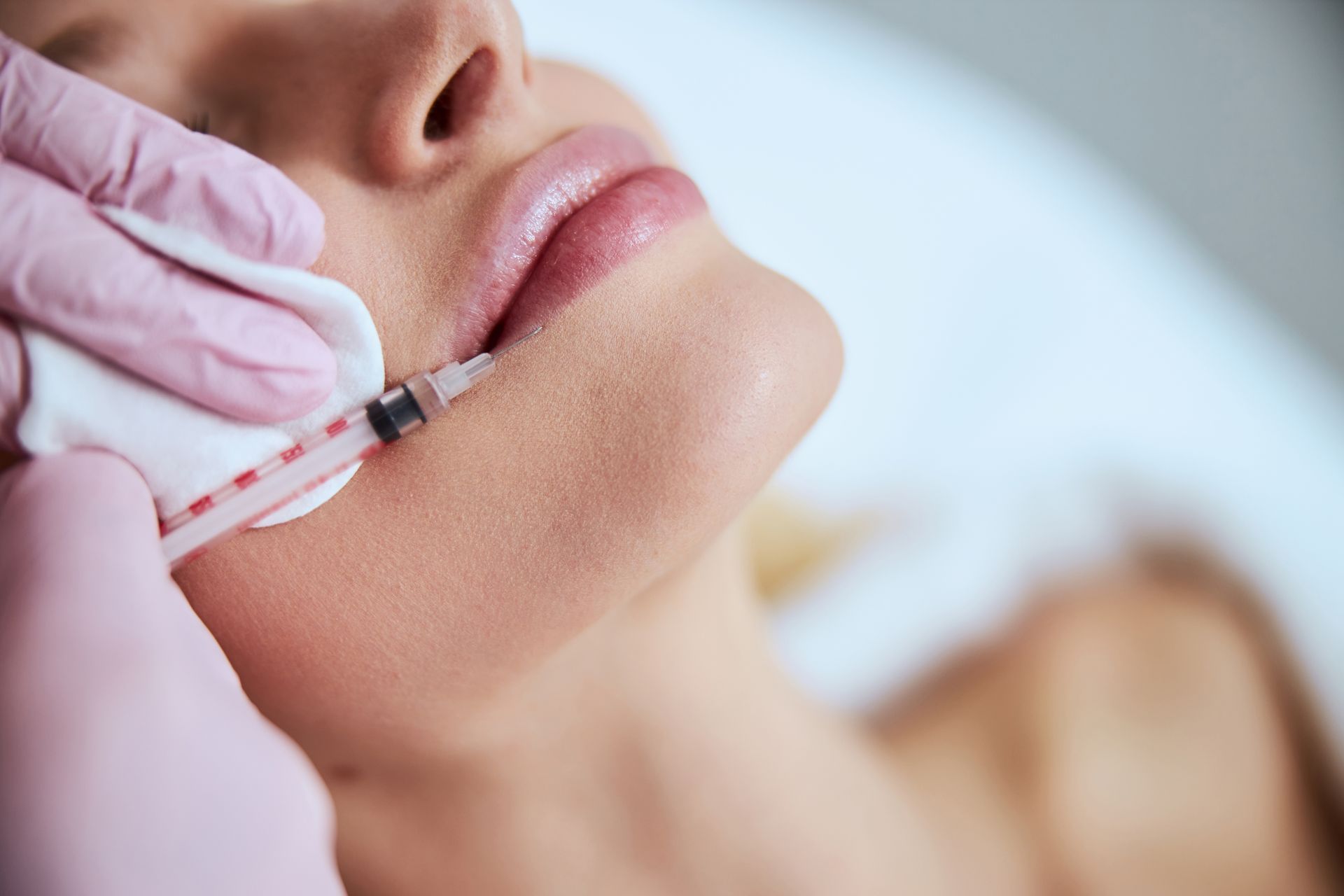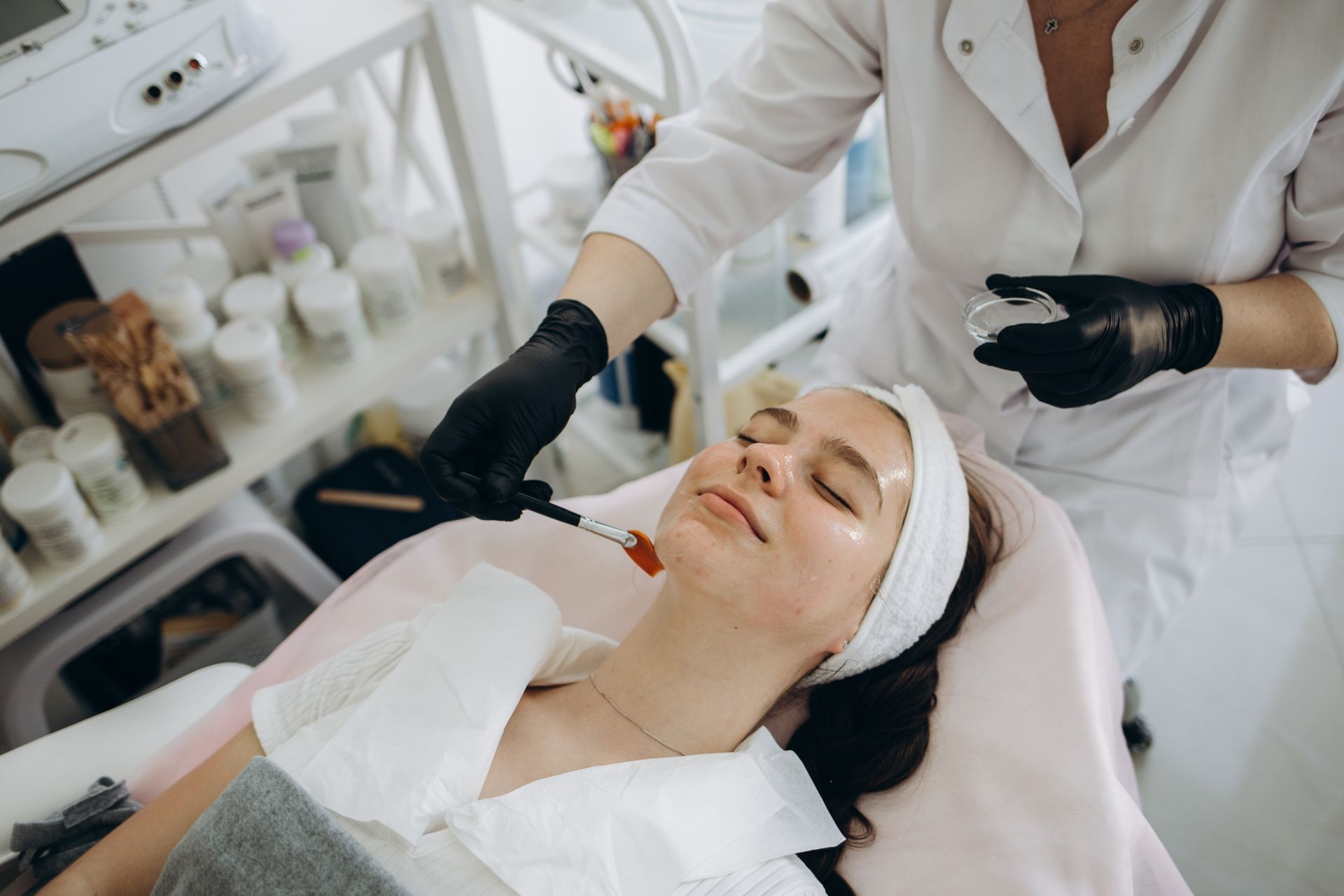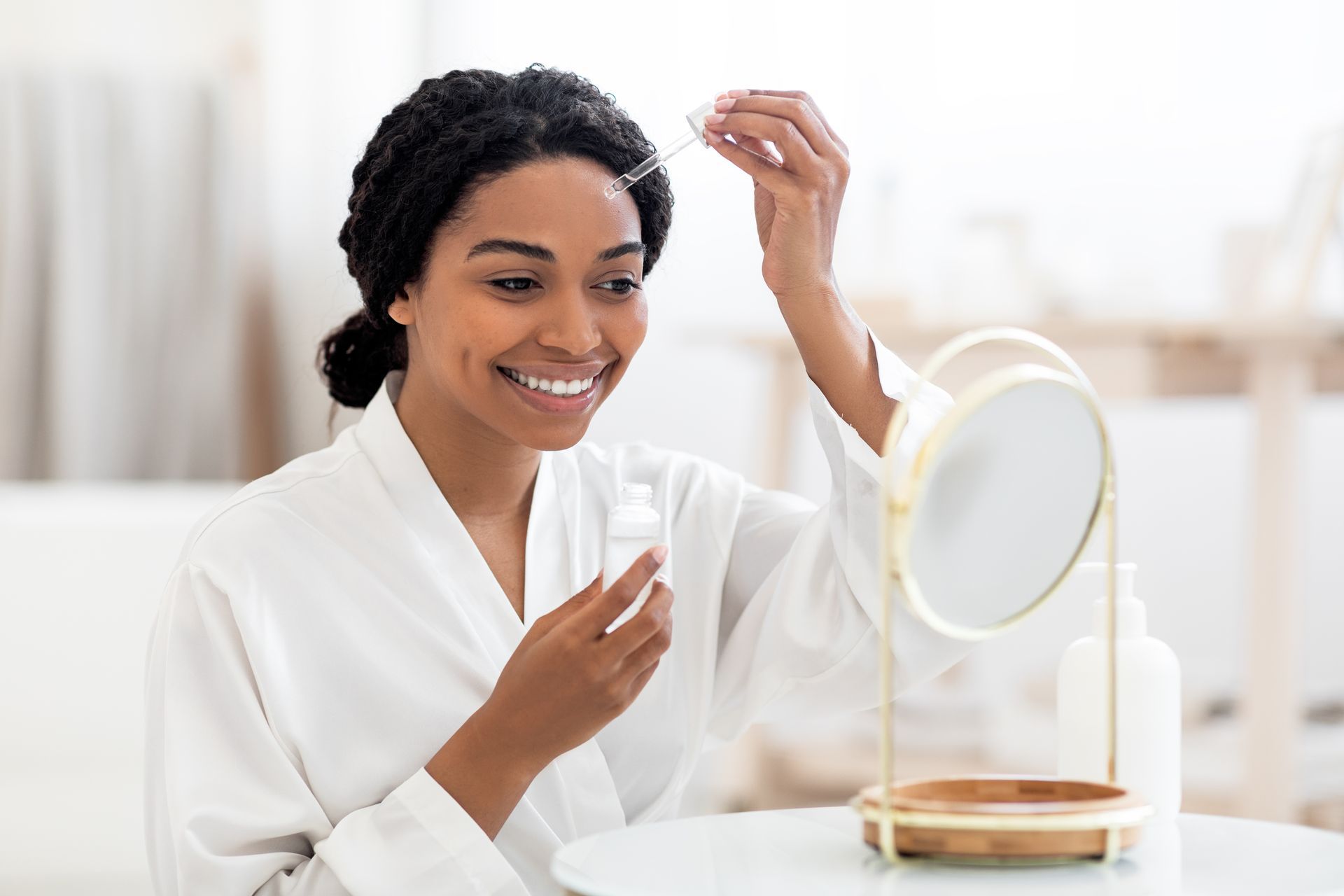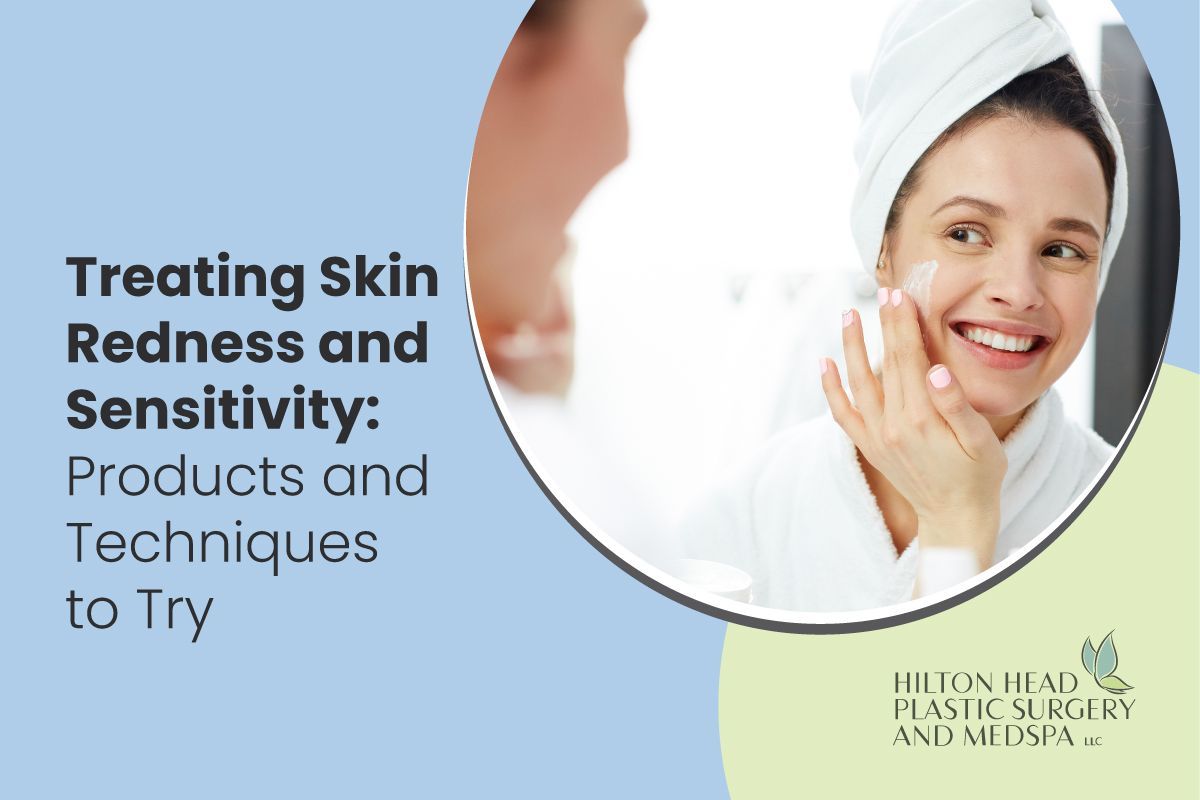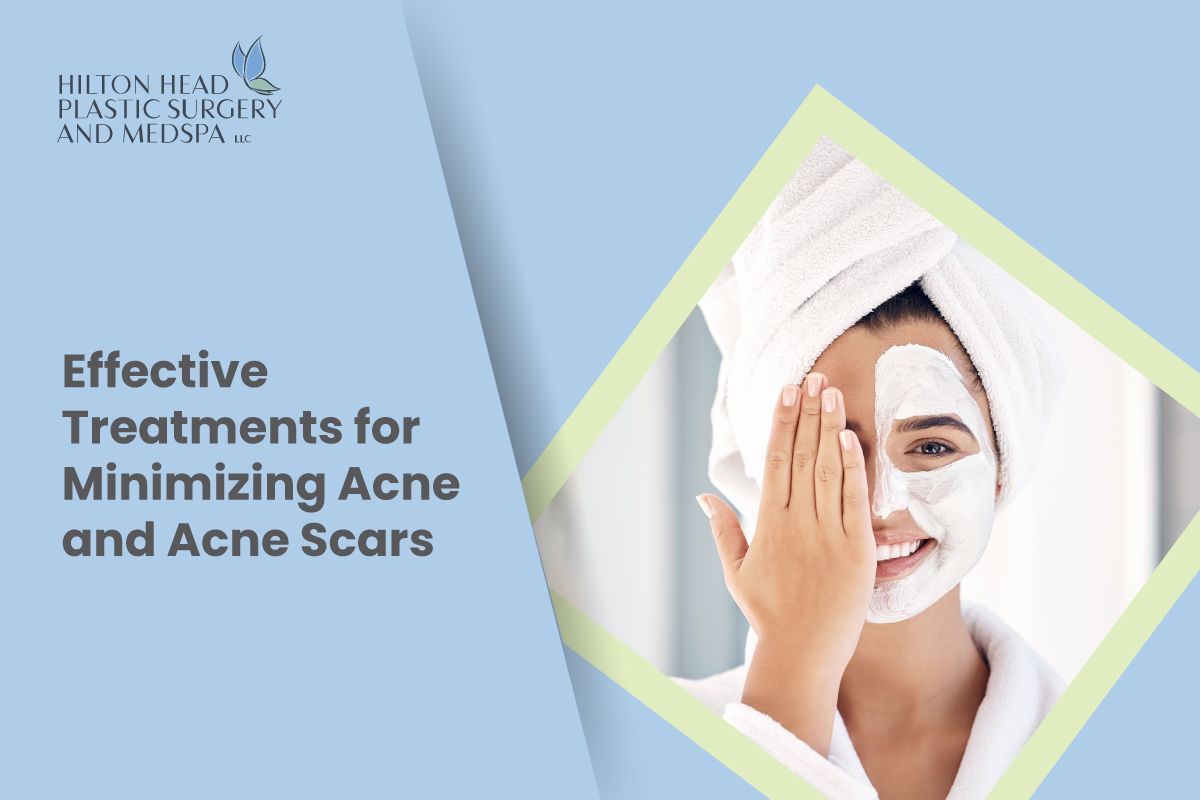How to Treat and Prevent Oily Skin
The overproduction of sebum is one of the characteristics of oily skin. Sebum is the oily secretion from your skin cells, and normal levels protect your skin from dryness and infection. But when you have too much sebum, it can lead to clogged pores, blemishes, or even premature skin aging.
If you're wondering how to control oily skin or how to get rid of oily skin, keep reading this article.
What Causes Oily Skin?
You may experience the following symptoms if you have oily skin:
- Unsightly blackheads, whiteheads, and pimples
- Large pores
- Greasiness within seconds of applying makeup or moisturizer
- Oily t-zone (forehead, nose, chin)
There are many causes of oily skin, and some of the most common ones include the following:
1. Genetics
If your parents or siblings have oily skin, there's a good chance that you will too! Genetics affect how you produce oil and whether your skin produces more or less than average.
2. Stress
Stress stimulates the body's fight-or-flight response, which increases the production of cortisol hormones that trigger oil production in your pores. This hormonal change leads to an increase in sebum production and makes your skin greasy and shiny.
3. Hormones
Hormonal changes during puberty, pregnancy, and the menopausal stage can cause an increase in oil production by your sebaceous glands, which leads to greasy skin. During puberty, your body produces more androgenic hormones, which stimulate oil production by your sebaceous glands.
The more androgenic hormones you have circulating in your body, the more oily your complexion will be. This male hormone is why so many teens struggle with oily skin — their bodies produce more androgens than usual during puberty.
4. Diet
Diet plays a significant role in the amount of oil your body produces, so if you eat lots of greasy foods such as burgers, fries, and chips, you're likely to get spots and breakouts on your face due to excess oil production by your sebaceous glands.
Moreover, foods high in carbs and sugars can cause acne flare-ups because they cause your blood sugar levels to fluctuate, which means your hormones are out of whack.
5. Environment
The temperature, humidity levels, and air quality can affect how much oil your skin produces and how quickly it absorbs it back into the pores.
6. Medications
Some medications can make your skin produce excess oil, especially birth control pills, steroids, and hormone replacement medication.
7. Skin Care Products
Certain cosmetics and skin care products contain oils that may exacerbate oily skin problems by clogging pores or blocking their natural functions, like sweating out toxins from our bodies!
Advantages and Disadvantages of Oily Skin
Oily skin can be annoying, but it also has advantages. Listed below are some benefits of having oily skin:
- Unlike dry skin, which tends to look dull and lifeless, oily skin has a healthy sheen that makes people look refreshed and glowing.
- An oily face may be less likely to wrinkle prematurely than dry or sensitive skin types because it has more natural moisturizers and oils to keep it soft and supple.
- Oily skin tends to be thicker than dry or normal skin. This characteristic means it can withstand more damage and irritation than other skin types.
If you have oily skin, you may have to contend with some disadvantages, given below.
- Shows pores more
- Attracts dirt easily
- Makeup doesn't stay on oily skin as long as it should
- Requires more frequent washing than dry or combination skin
- More susceptible to blackheads, acne breakouts, blemishes and inflammation
Oily Skin Treatment and Prevention: How Do I Stop My Face From Being So Oily?
Treating oily skin can be tricky, but you can take steps to keep your skin balanced. Here are eight ways how to get rid of an oily face.
1. Wash regularly
It may sound simple, but regular face washing will help keep your pores clear and prevent dirt from clogging them up. Washing twice a day with warm water and a gentle cleanser will remove excess oil and dirt from your face. Be sure not to scrub or rub your skin too hard, as this can irritate it and make it produce even more oil. Do not use any products that have alcohol, which can dry out the skin and make it produce more oil.
2. Moisturize daily
After washing, pat dry your face gently with a towel and apply moisturizer immediately afterward. If you have sensitive skin, try using an oil-free facial moisturizer that is fragrance-free so that it doesn't irritate your skin further.
3. Use oil-free products
If you have oily skin, you need products that won't make your face even worse by adding more oil. Choose products with noncomedogenic ingredients. These products are less likely to clog pores and cause blemishes than other cosmetics. Avoid moisturizers with heavy oils that may worsen your symptoms by attracting additional bacteria and dirt onto your face, which can lead to breakouts and blackheads.
4. Choose a cleanser formulated for oily skin
Look for ingredients like salicylic acid, glycolic acid, and benzoyl peroxide in cleansers labeled explicitly for oily skin types. Ingredients like these eliminate dead skin cells, so you don't end up with clogged pores and breakouts. If you're unsure whether a product is right for you, ask your doctor or dermatologist before using it.
5. Exfoliate once or twice a week
Exfoliating is one good way to remove dead skin cells and unclog pores, especially if you have oily skin. Just remember, don't overdo it. Using too much force while exfoliating will damage your skin and make it more susceptible to acne breakouts. Use enough pressure to gently remove dead skin cells without breaking any capillaries or leaving behind redness or irritation.
6. Control oil throughout the day
Use blotting papers when needed. If necessary, use an oil-absorbing powder on top of your moisturizer or foundation to keep shine at bay all day long! In addition, keep your hands away from your face. Touching your face contributes to acne growth by spreading bacteria, dirt, and oils.
Blotting papers come in different forms — some are made from paper, and others use cellulose as their base ingredient — but they all work similarly by absorbing excess oils on the surface of your face. You can also find blotting sheets made specifically for treating acne, which contain ingredients such as tea tree oil or witch hazel that help fight breakouts.
7. Get facial treatments
Facial treatments can help purify the pores, regulate oil production and eliminate dead skin cells. Facials are also great at improving the overall health of your skin by boosting circulation and increasing collagen production (which helps give your skin a youthful appearance).
8. Watch what you eat
Eating healthy foods and hydrating with plenty of water helps keep your skin healthy. Make sure you don't consume fried food, sweets, and fast food all the time because these foods can clog up your pores and cause acne breakouts.
Control Oily Skin with the Right Skincare Routine!
While you can't entirely turn off your sebaceous glands, you can control the symptoms of oily skin with the right skincare routine. The process might take several weeks to see the results, but following the steps above will help keep oily skin under control in the long run.
For more information about skincare and other anti-aging treatments, contact Hilton Head Plastic Surgery & MedSpa at (843) 681-4088. You can also find more tips by reading our blog.
Hilton Head Plastic Surgery & MedSpa offers a wide range of safe and effective methods for achieving a more attractive and youthful appearance, from non-surgical and minimally-invasive MedSpa treatments to cosmetic or reconstructive surgery.
Fax (843) 689-3742
Hilton Head Plastic Surgery & MedSpa LLC | All Rights Reserved.

